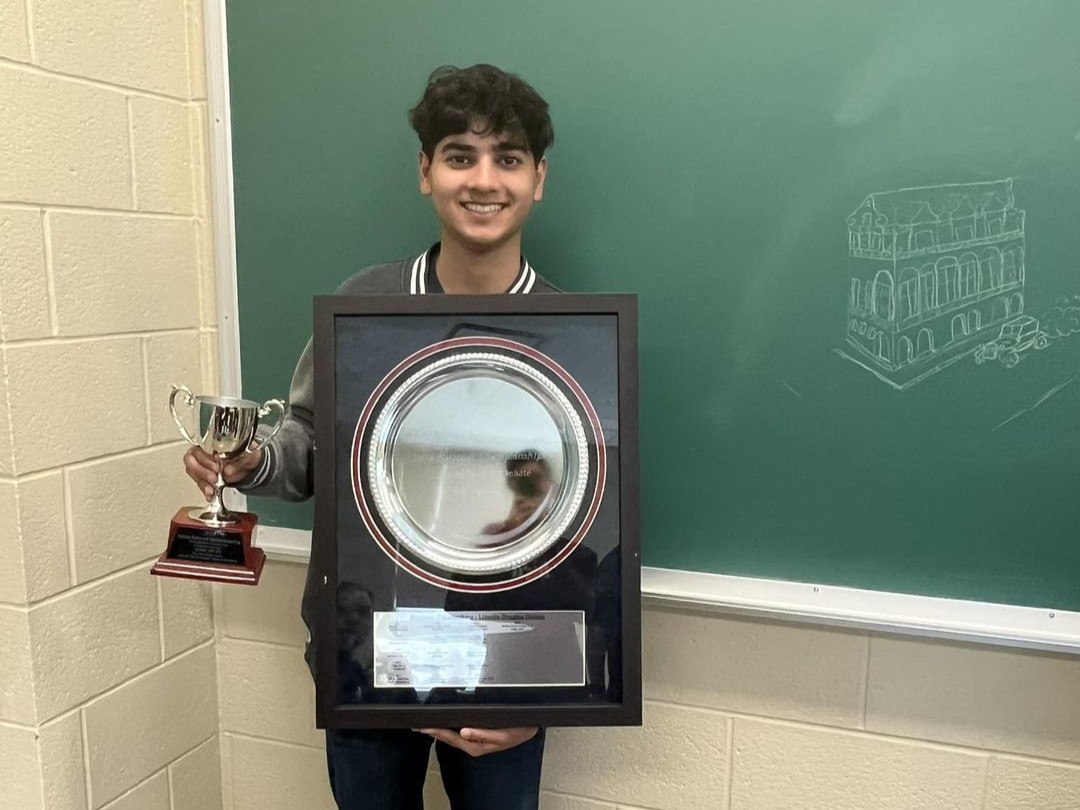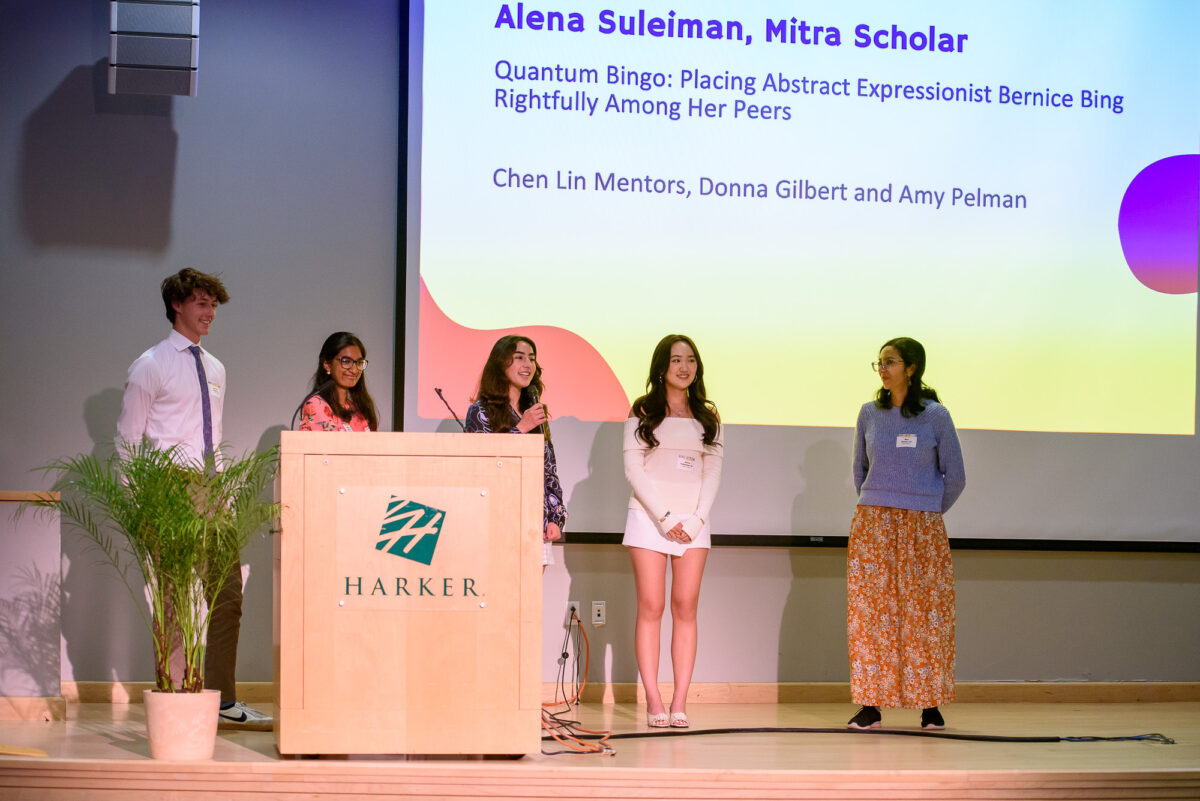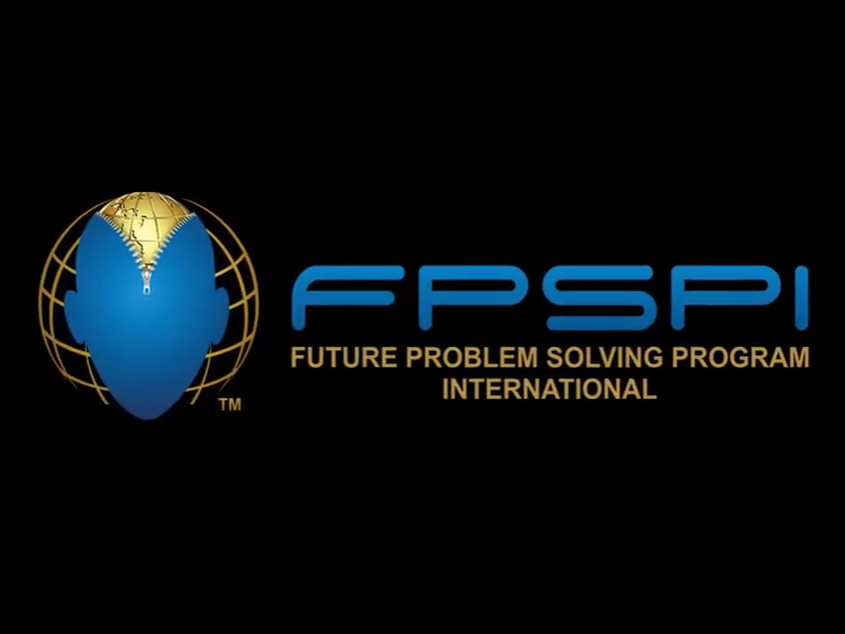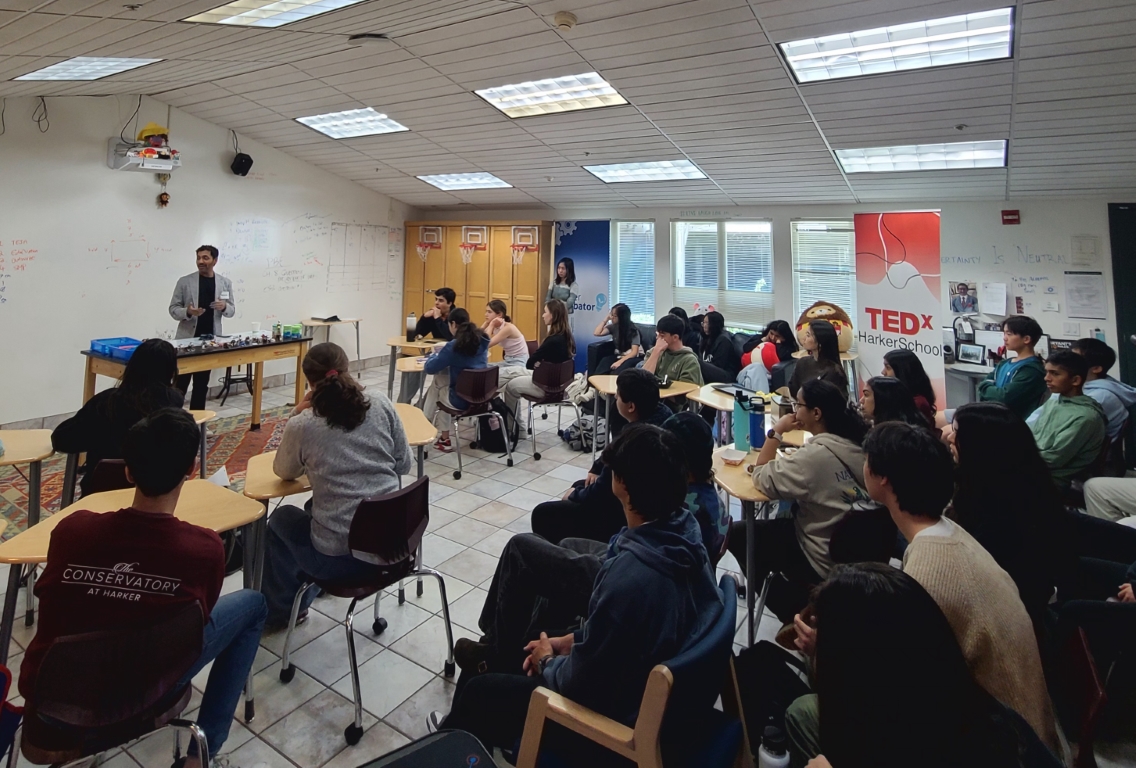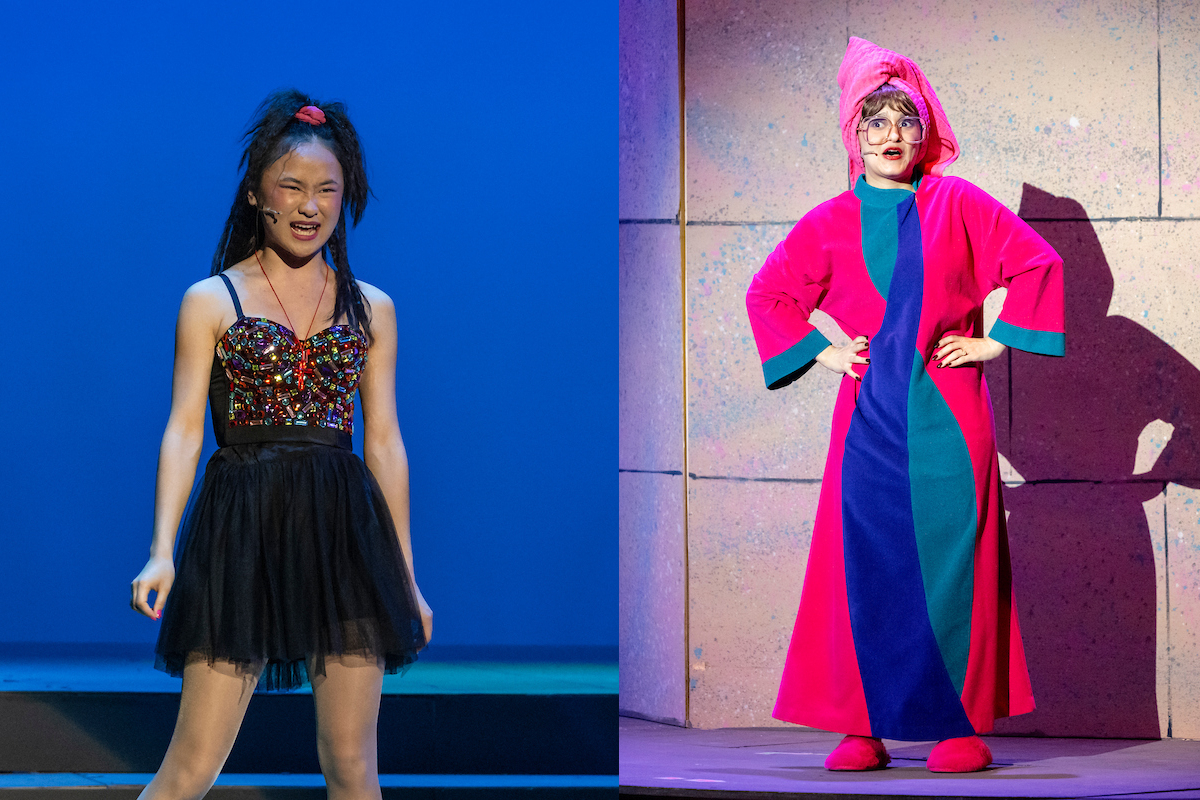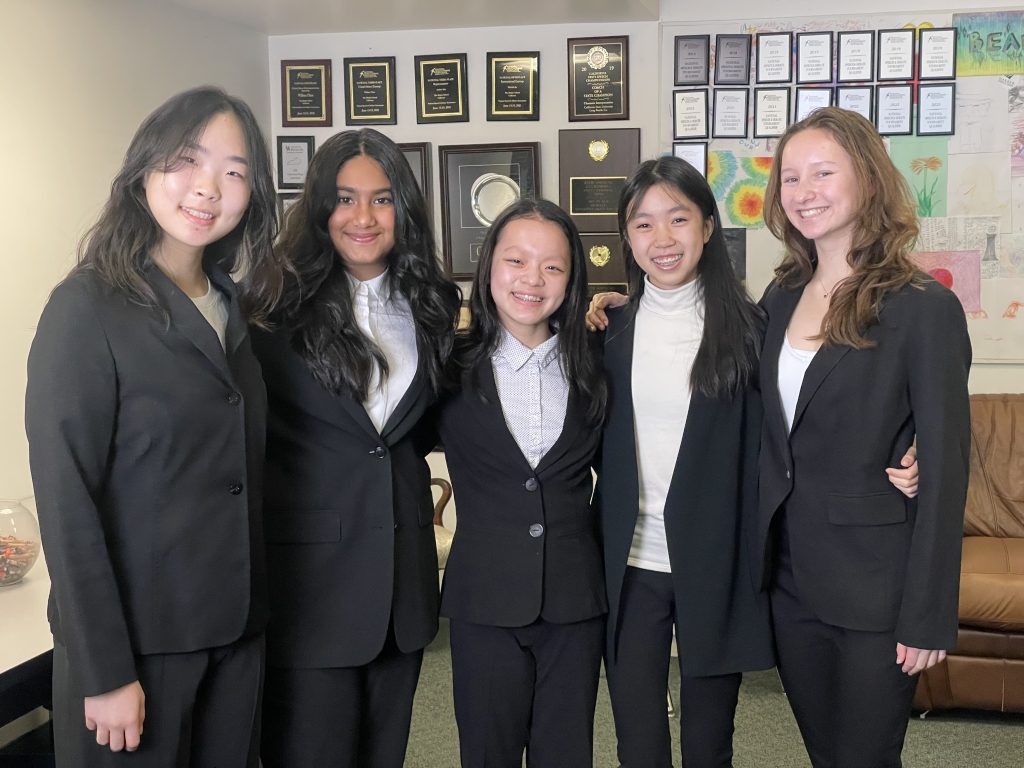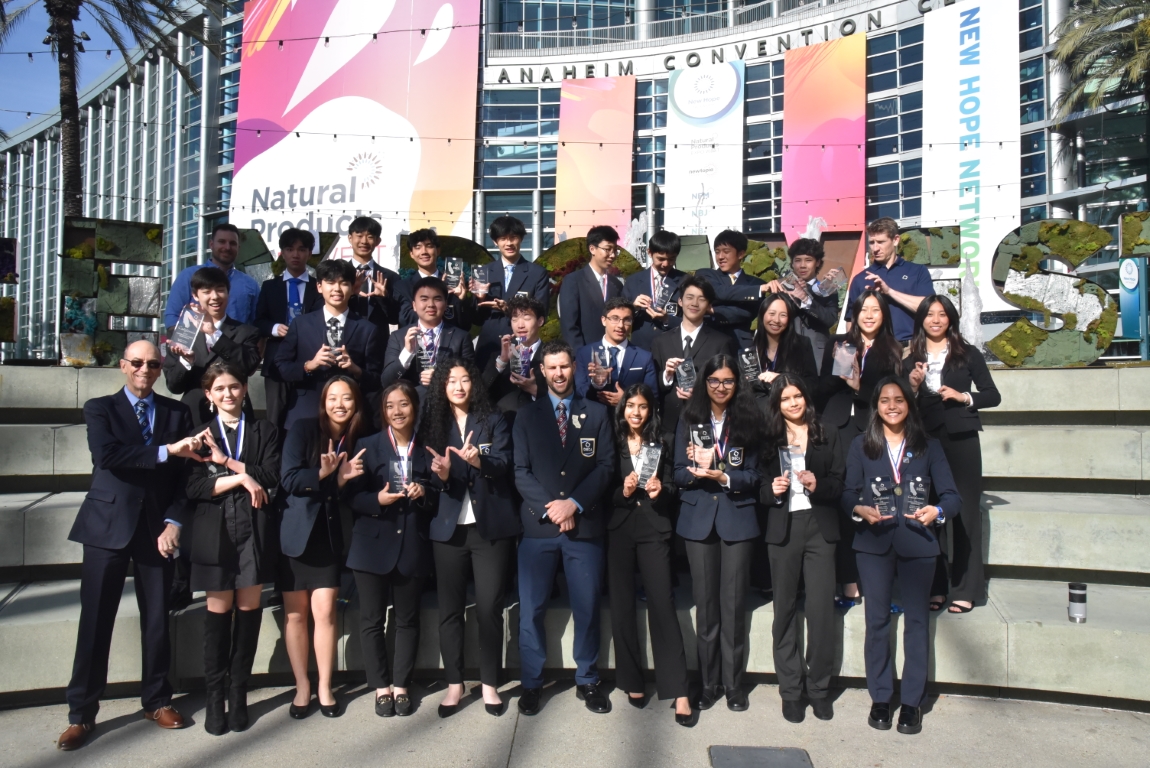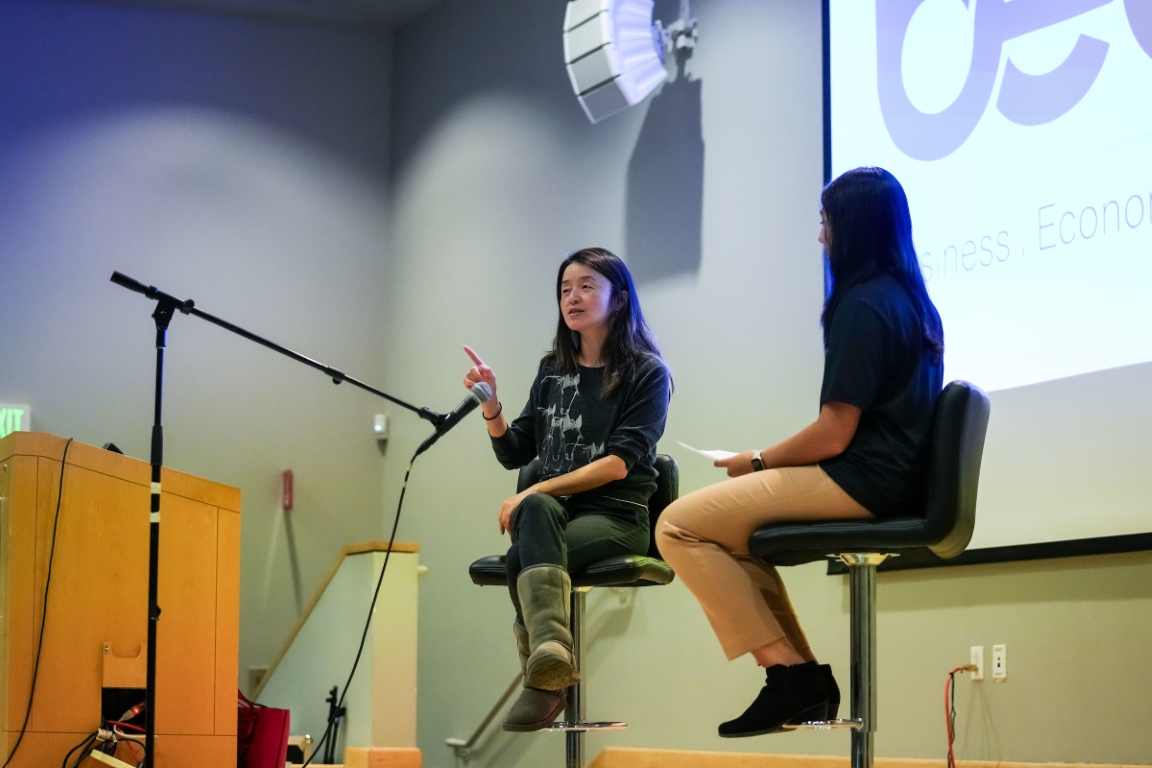Senior Ansh Sheth was crowned the tournament champion and top speaker and won of the award for the most outstanding record for the year last month at the National Debate Coaches Association Championship.
Upper School
2023-24 Near-Mitra scholars celebrated at special event and reception
On April 23, this year’s student scholars in the John Near and Mitra Family Scholar Grant Program were honored at a special event held at Nichols Hall.
Future Problem Solving competitors qualify for internationals, take top spots
Several Harker students qualified to compete at the international level, and more earned top spots at the state finals of this year’s Future Problem Solving (FPS) competition.
CareerConnect hosts talk by real estate entrepreneur
Last week, Harker’s CareerConnect club hosted a speaker event featuring Atit Jariwala, an entrepreneur in real estate, Yale graduate, and Harker parent.
“The Wedding Singer” nominated for three Rita Moreno Awards
“The Wedding Singer,” the 2024 upper school spring musical has been nominated for three Rita Moreno Awards.
Eagle Update: Track and field success over the break, senior runner up for Athlete of the Week
See the latest on your Harker Eagles!
Harker team reaches semifinals of Wharton Investment Competition
The five students are among the top 50 teams in a competition with more than 1,600 entries.
Harker DECA enjoys successful weekend at State Career Development Conference
More than 170 members of the Harker DECA chapter attended the State Career Development Conference (SCDC), competing in their events with the hopes of qualifying for the International Career Development Conference.
Eagle Update: Boys tennis maintains second, baseball hitting stride
See the latest on your Harker Eagles!
BECon 2024 boasts largest attendance yet
On Fri., March 15, Harker business and entrepreneurship students hosted the tenth annual BEcon, a business and economics event consisting of many workshops and experiences to help educate and inform students.
